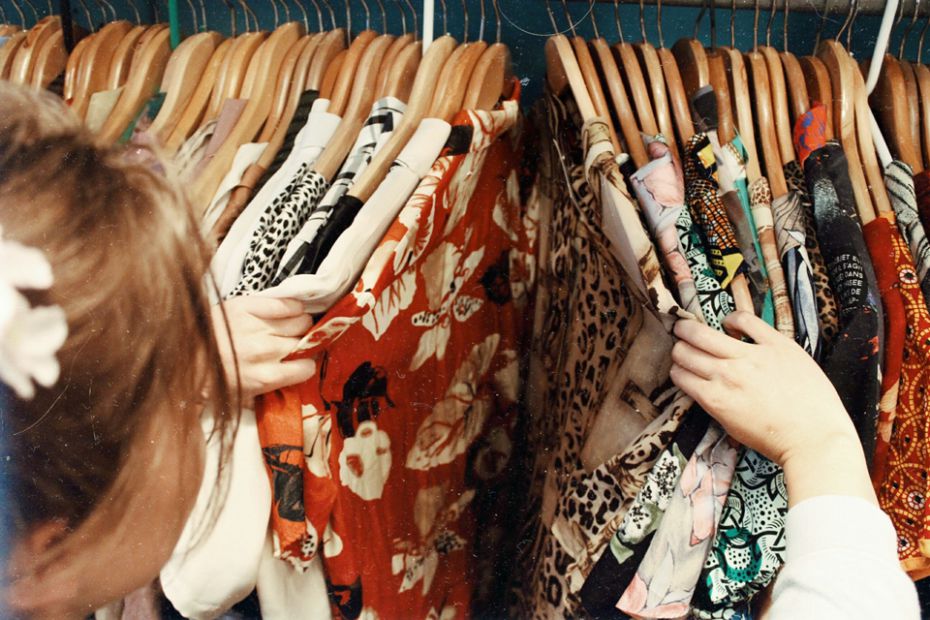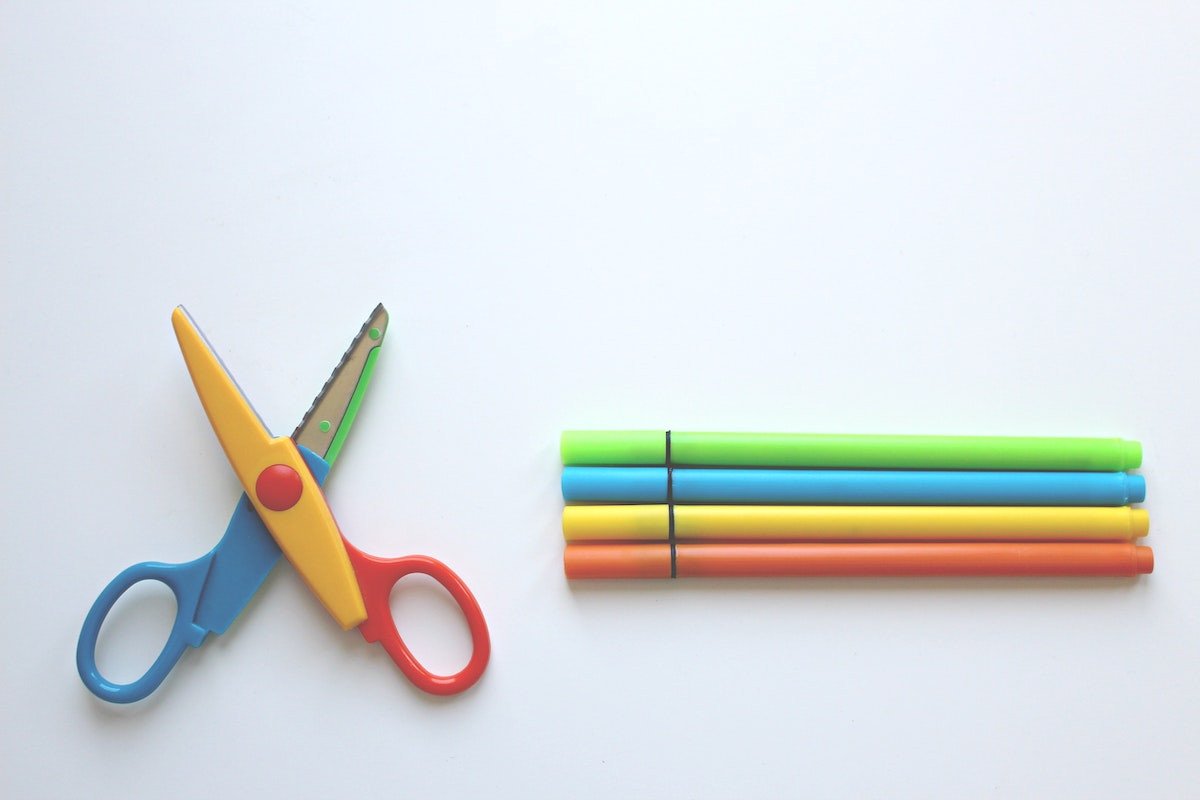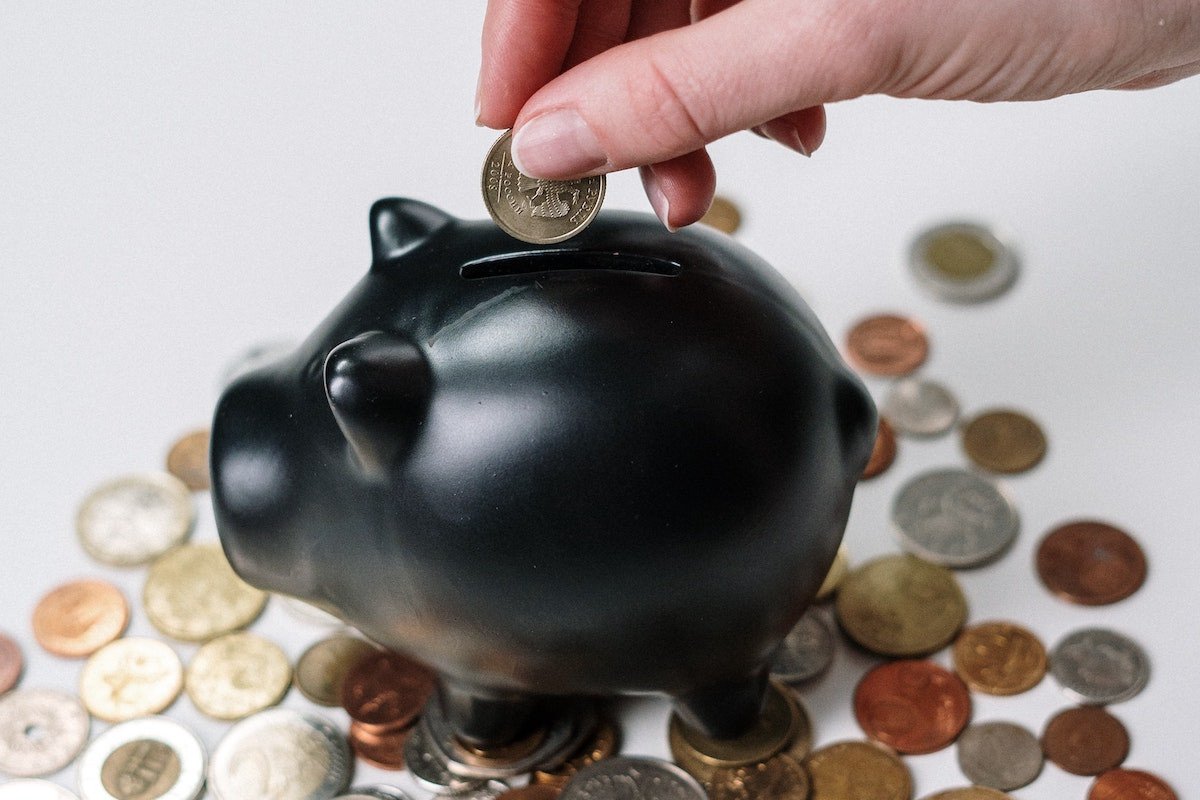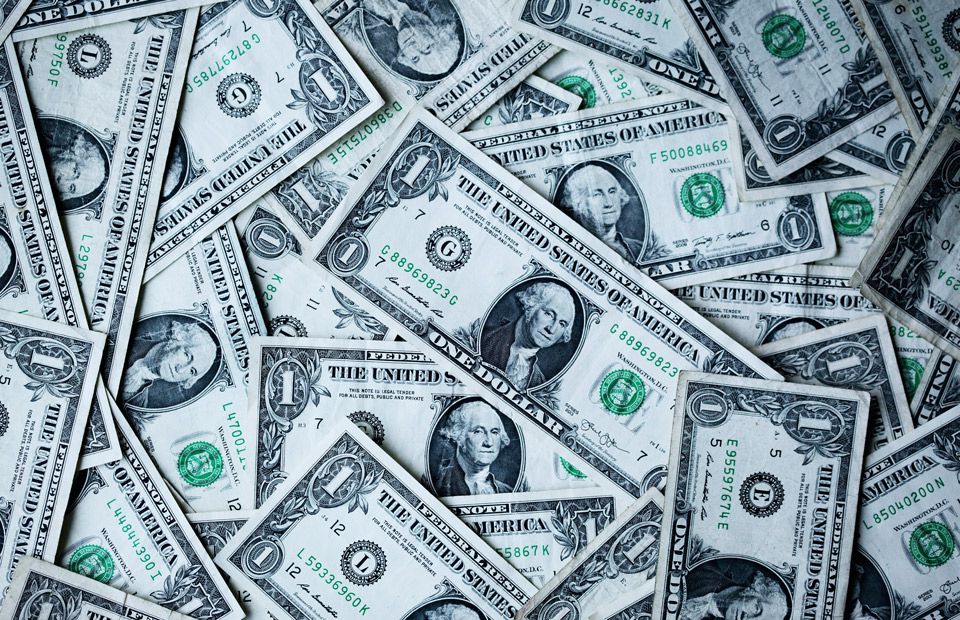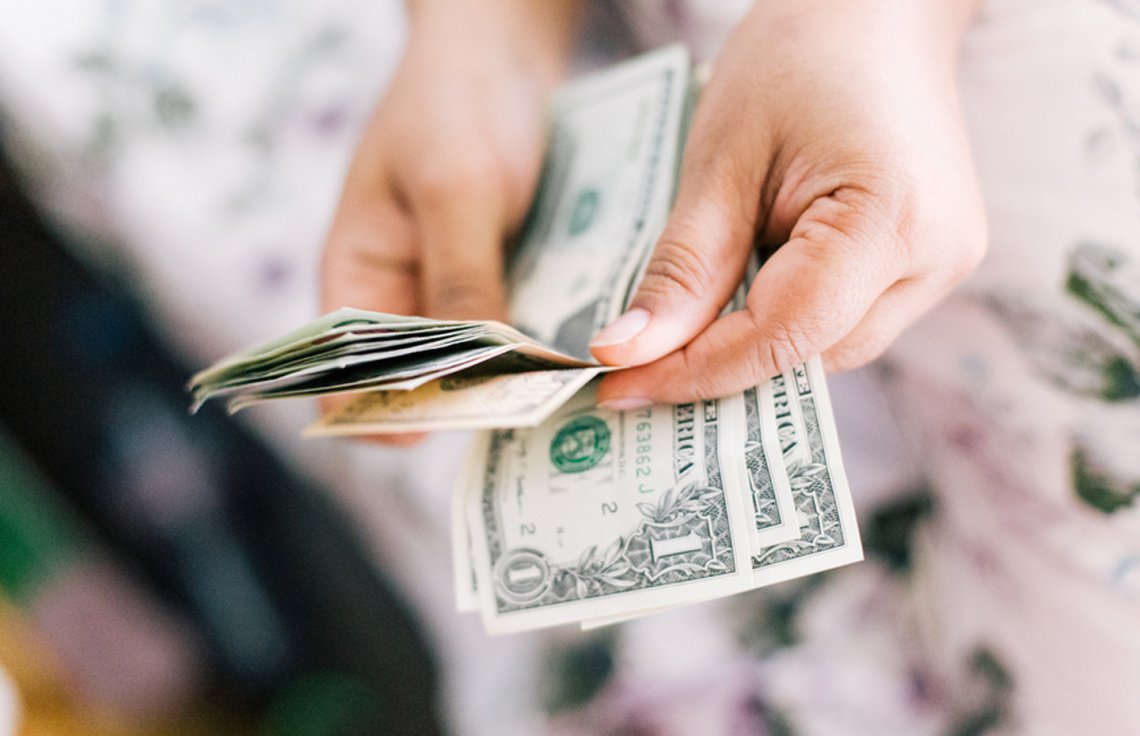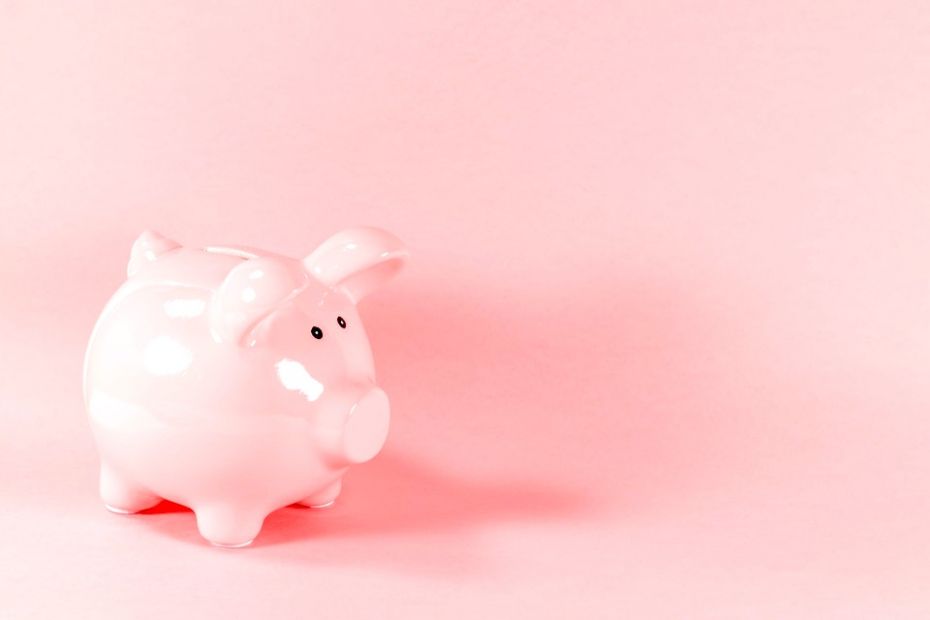Ok so, first things first: your savings account is not your emergency savings account.
I’ll say it another way: it’s super important to have a basic savings account, but it’s equally as important to have a “hidden stash”—that savings account that’s truly reserved for an unexpected life event.
Think: job loss, unexpected car implosion, sudden need to fly home. These are the un-fun situations we’d prefer to ignore—but the thing is, they don’t necessarily ignore us.
The Problem With Building Your Savings account
Ashamed of just how low your savings account is? You’re in good company. The amount the average American has set aside is pretty dismal: a full 62 percent of Americans have
less than $1,000 in savings.
Another
study conducted by the PEW Charitable Trusts found that a startling 70 percent of American households were financially strained and ill-equipped to handle emergency expenses such as job loss, car breakdowns, unplanned medical expenses, and other stressors that occur more regularly than we might imagine.
This leaves millions of us unprepared and vulnerable, forcing us to put out fire after fire while not having the resources or the energy to deal with the root cause: a lack of emergency savings funds.
Fortunately, you can take a couple of small steps now to help you break the cycle of being unprepared for those stressful and unexpected scenarios.
Step 1: Split The Tab For Financial Freedom
Set Up A Separate Emergency Savings Account
The first thing to do is to set up a
separate account solely dedicated to saving for emergencies. Dividing your accounts is psychologically essential: you need to mentally separate emergency-only funds from your general savings account so you’re not tempted to spend that cash on vacations, weddings, moving for a new job, that really good looking pair of ankle boots, etc.
Don't Mix Your General Savings with Emergency Savings
Here’s the distinction: while your general savings account is for planned expenses, your new emergency savings account is for all of those unplanned expenses. They're bound to happen at some point since none of us is able to fully know what the future holds (like a Coronavirus). These events have a lasting financial effect long after we've sent those flowers.
We can all think of a friend who's had a medical emergency, lost a job, or gotten into an accident—these events have a lasting financial effect long after we've sent those flowers.
Step 2: Calculate How Much You Should Save
How Much Money Should You Have Set Aside If You Lose Your Job?
At Holberg Financial, we agree with the idea that a healthy amount of emergency savings is somewhere between three and six month’s worth of income, but understandably, that can feel like an insurmountable amount (if you make $50,000/year, three month’s worth of emergency savings is just over $12,000!).
Instead, try focusing first on just making sure that your emergency savings account has one month’s worth of income. Take your annual salary and divide by 12 to find the approximate amount—this will be your first savings goal
Step 3: Be The Tortoise, Not The Hare
Consistent Saving (No Matter How Little) Is Key...
To make your goal more realistic and attainable, start by carving out an amount that you’d feel comfortable socking away per month. It might be $5, $50, or $200, but whatever it is, pick an amount and commit to it. Consistency. It’s worth a lot.
When I first started using this method, I saved $5 a week and skipped out on my Friday latte—doable. When starting out, it’s not the amount that matters, it’s the ritual. It will take months to build a solid base and, in many cases, it could take beyond a year.
But even if you feel like the amount you’re saving now isn’t enough or won’t make a difference, think again! Starting the habit is the biggest step and over time, you’ll be able to work on increasing the amount you save each month for emergencies.
Because Ultimately, You'll Stop Relying on Credit Cards for Unplanned Expenses
The great thing about starting small and working consistently to build this over time is that you’ll be more prepared to pay for unplanned expenses with cash instead of relying on credit cards, borrowing from friends or family, or dipping into retirement early.
All of this is to help you reach a point where you will feel much
more confident and secure financially instead of living on the brink. It will give you more choices and financial security, which will allow you to have more freedom in other areas of your life as well.
Step 4: Automate, Automate, Automate
Saving is hard. You’re busy with life, work, friends, social events, relationships, self-improvement, and various other things, so do yourself a tiny favor: automate your savings by setting up a recurring transfer from your checking to your new emergency savings account. Putting savings on auto-pilot helps mitigate our distractible selves.
There are plenty of tools out there to help you do this, so check out your bank or the App Store for help (using your bank to transfer money is almost certainly free, but make sure you look out for fees, especially from new apps).
I use
Digit personally and love that they take small amounts every once in a while when they think I’m not looking (they use an algorithm to determine how much and when).
When you set it and forget it, you’ll log on to your account a couple of months from now and be pleased by just how much you’ve saved. In a world of uncertainty, this will be one positive surprise. You can do this.
